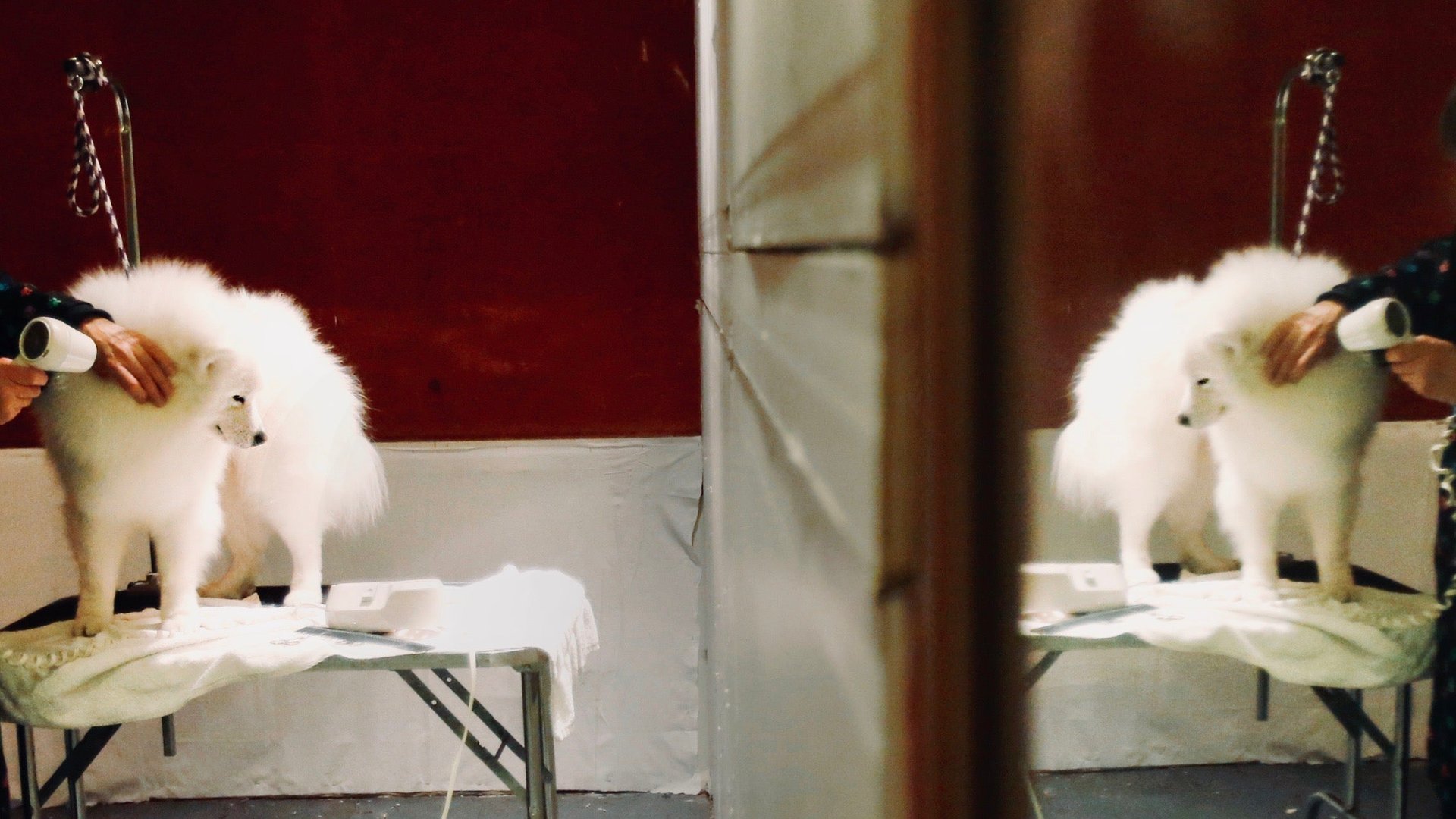The mirror test for animal self-awareness reflects the limits of human cognition
When you look in the mirror, you see yourself. That puts you in the company of animals like dolphins, elephants, chimpanzees, and magpies, all of whom have shown the ability to recognize their own reflections.


When you look in the mirror, you see yourself. That puts you in the company of animals like dolphins, elephants, chimpanzees, and magpies, all of whom have shown the ability to recognize their own reflections.
The mirror test is often used as a way of measuring whether animals possess self-awareness. But now that a species of fish—the cleaner wasse—has also spotted its reflection, some scientists are wondering if the mirror test says more about the way humans think than how, or if, animals experience their individual existence.
Alex Jordan, an evolutionary biologist at the Max Planck Institute for Ornithology in Germany, is one of the authors of a study on cleaner wasse consciousness to be published in the journal PLOS One. He and his colleagues conducted numerous tests that show the tropical reef fish does seem to recognize its reflection; when scientists added a colored mark to its body, the fish would even try to remove the mark upon catching sight of it in the mirror. Despite three years of resistance from neuroscientists and additional testing, the paper ultimately passed peer review. It seems to indicate that the clever fish species has some sense of self or individuality.
But as Jordan tells Elizabeth Preston in Quanta, “I am the last to say that fish are as smart as chimpanzees. Or that the cleaner wrasse is equivalent to an 18-month-old baby. It’s not.” Instead, he believes that the measure scientists have used for nearly 50 years is flawed. “The mirror test is probably not testing for self-awareness,” he says.
One problem with this test, for example, is that it uses vision to measure consciousness. Yet not all animals (or all humans) rely on sight as the predominant sense. It may well be that a bat, for example, which depends on sonar to get around, is self-conscious, but that sighted humans just don’t know how to formulate a test to measure this because we’re visually oriented, as neuroscientist and professor of psychology at Emory University Gregory Berns argues in his book What It’s Like to Be a Dog.
Similarly, elephants, while able to pass the mirror test, rely more heavily on smell than on sight, and the sophistication of their consciousness may well elude humans because we operate differently, according to Joshua Plotnik, a comparative psychologist at Hunter College in New York City. In the journal Yale Environment 360, Plotnik contends that humans need new tests to understand elephants because the current measures don’t accommodate how they actually operate. He explains:
I’ve been interested in designing experiments that are elephant-specific. One big problem in the field of animal cognition is that experiments are designed largely for visual species, like humans, nonhuman primates like chimps or monkeys, and birds… [I]t’s very unfair to say that [dogs and elephants] are not as smart as we are, or they don’t have the same cognitive capacities as we do. Maybe the test just isn’t right for them. It’s not easy for us to put ourselves in the ‘shoes’ of these animals, because we don’t have the same sensory view of the world.
Consciousness, in humans or animals, is not easy to measure or understand, regardless of the species. Philosophers and neuroscientists alike have long wrestled with the question of how a sense of self is assessed, and how this perception relates to physical processes. Panpsychics are those who believe all creatures—indeed all living things—are conscious on some level, from a single molecule to a blade of grass to plants, trees, and animals. Yet the level of consciousness required to recognize one’s own existence and, as a result, relate to the existence of others, isn’t clear.
Jordan, who conducted the fish mirror tests, tells Quanta that he thinks self-awareness may exist on a spectrum. The cleaner wrasse, he believes, is self-cognizant, but not to the same extent as a human. Just because the fish can respond to an unusual mark reflected back at it in a mirror doesn’t mean it can also contemplate philosophy, he notes.
That means scientists need to reconsider how to study animal consciousness. For one thing, they might have to come up with a better definition of self-awareness. For another, they probably need new tests to measure animal cognition. Jordan says, “I think the community wants a revision and a reevaluation of how we understand what animals know.”
And in this claim, he is certainly not alone among consciousness researchers. Naturalists, neuroscientists, and even plant biologists have been calling for a new more expansive view of consciousness. Octopuses, lobsters, dogs, and greenery may not all respond to the world the way we do. But that doesn’t mean these living things are ignorant of their own existence.